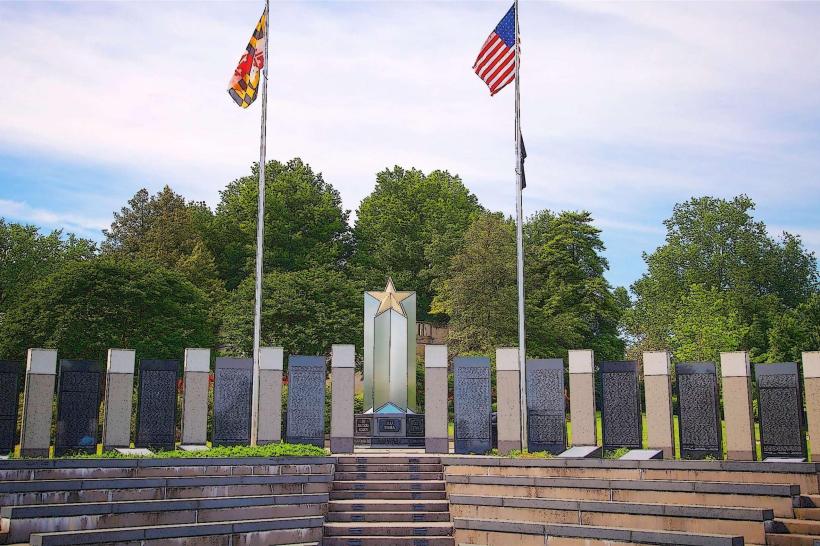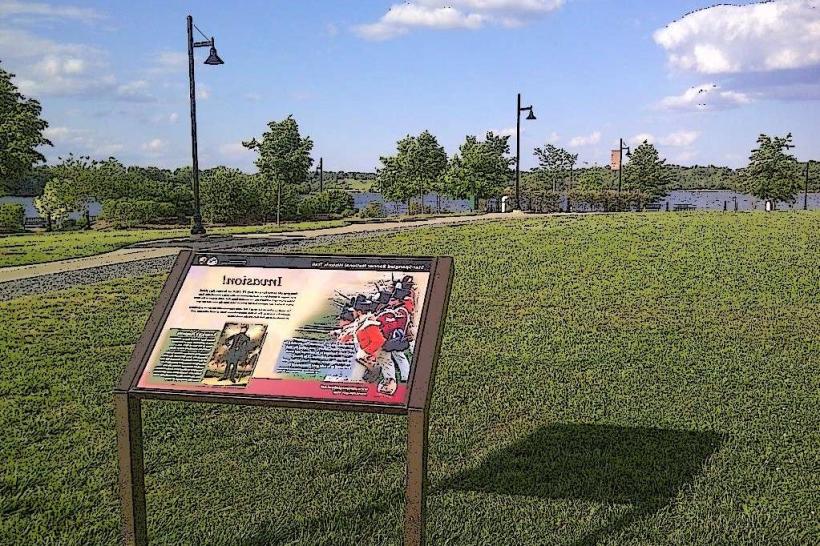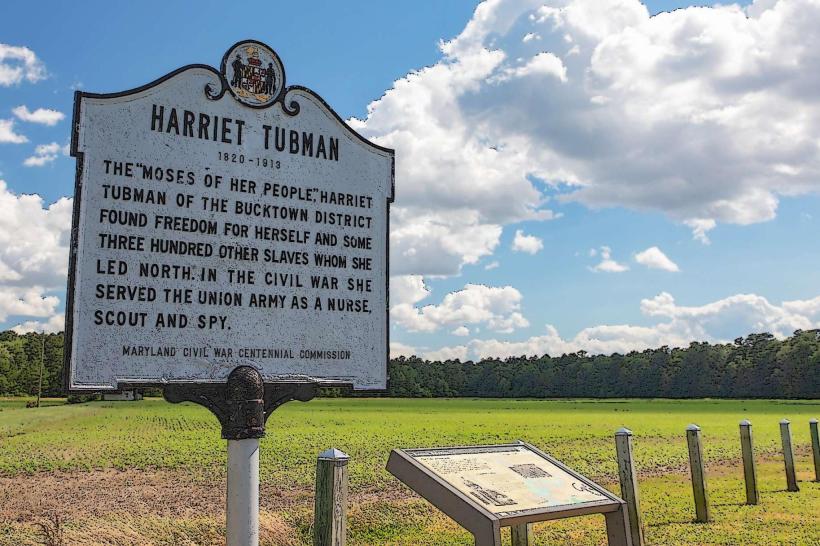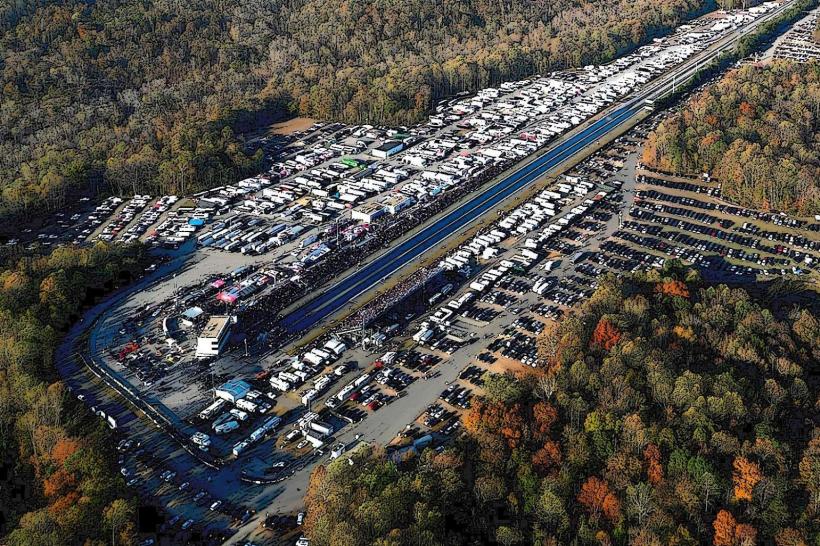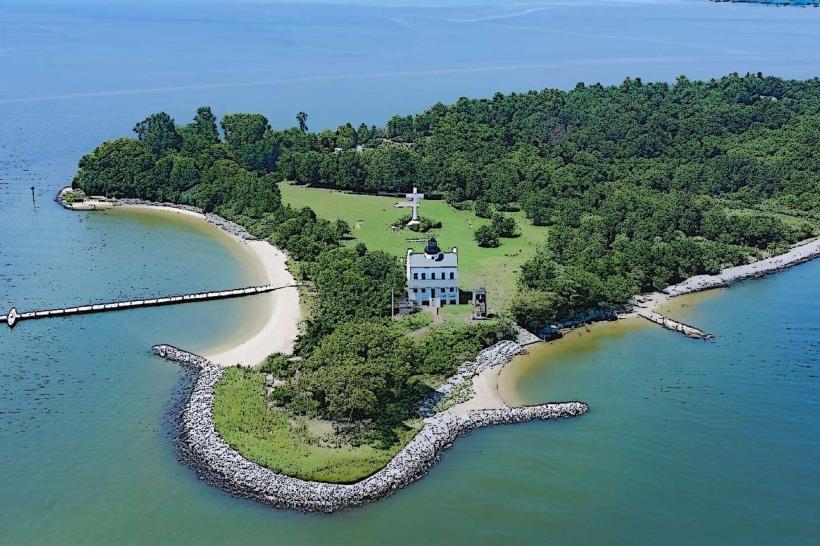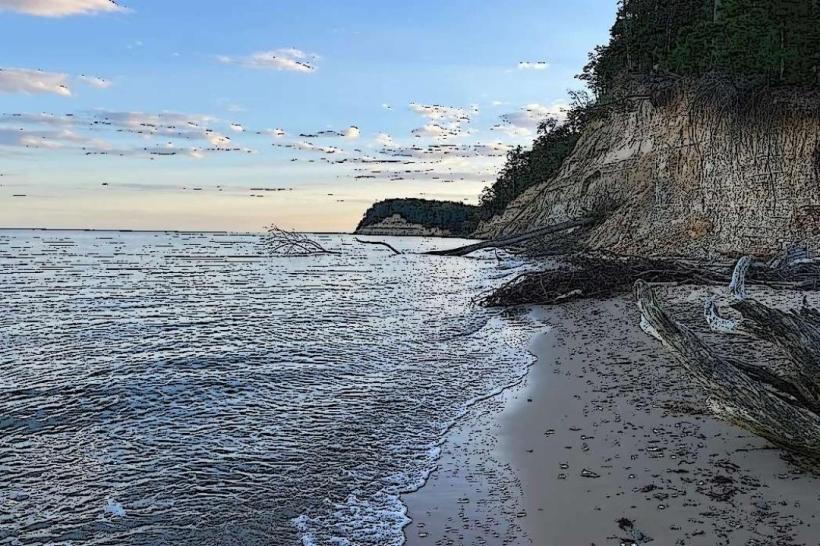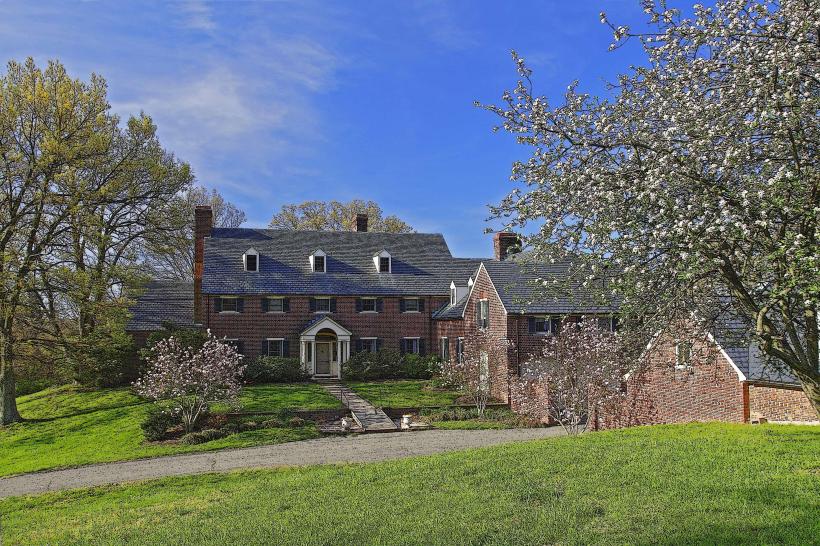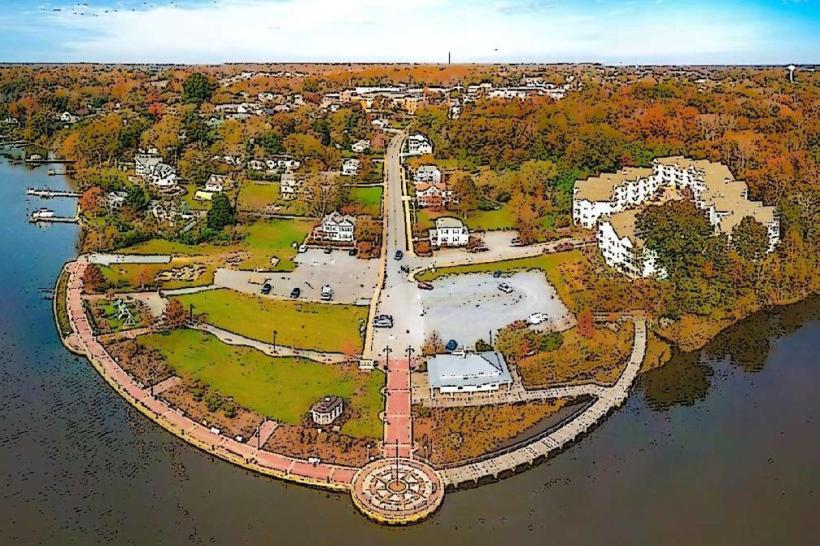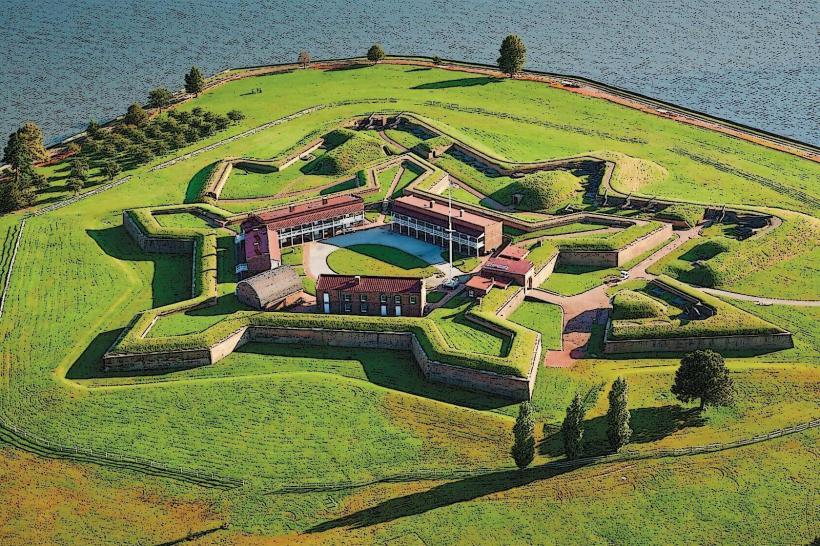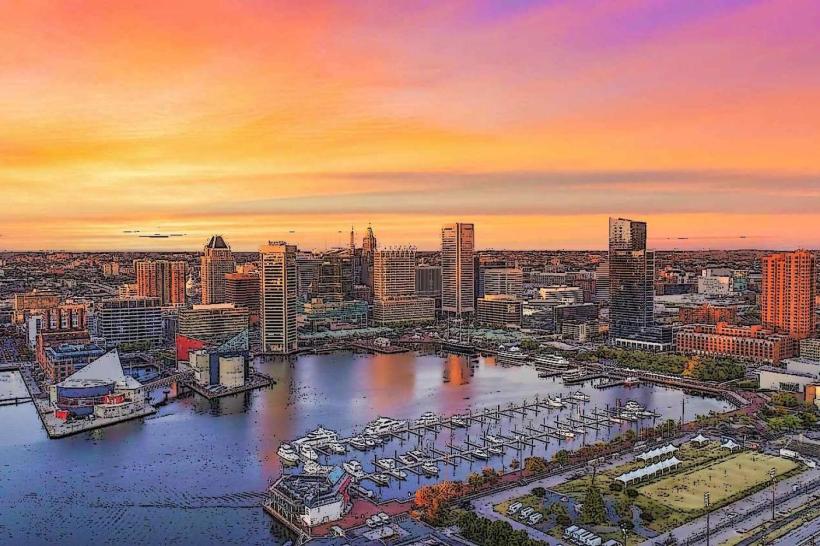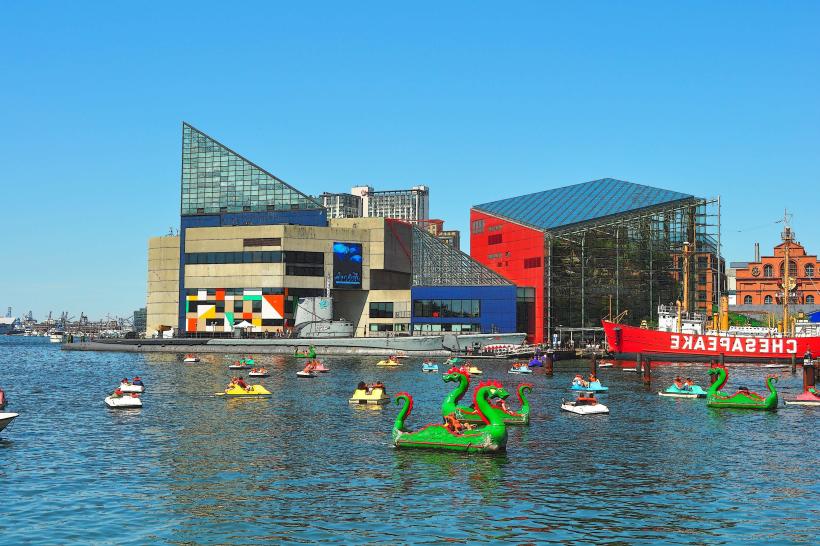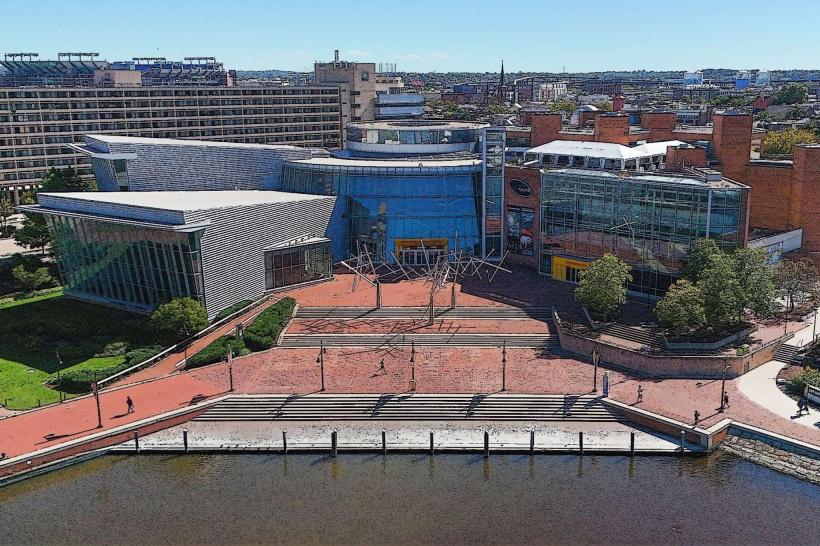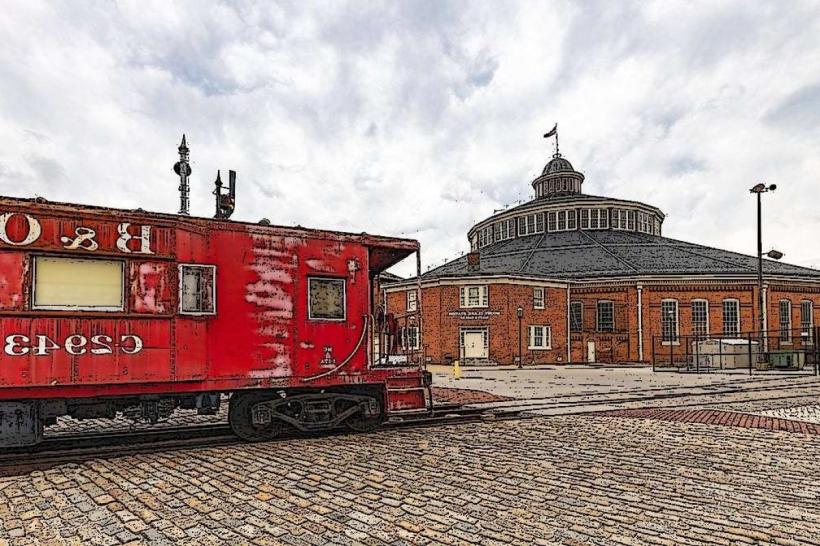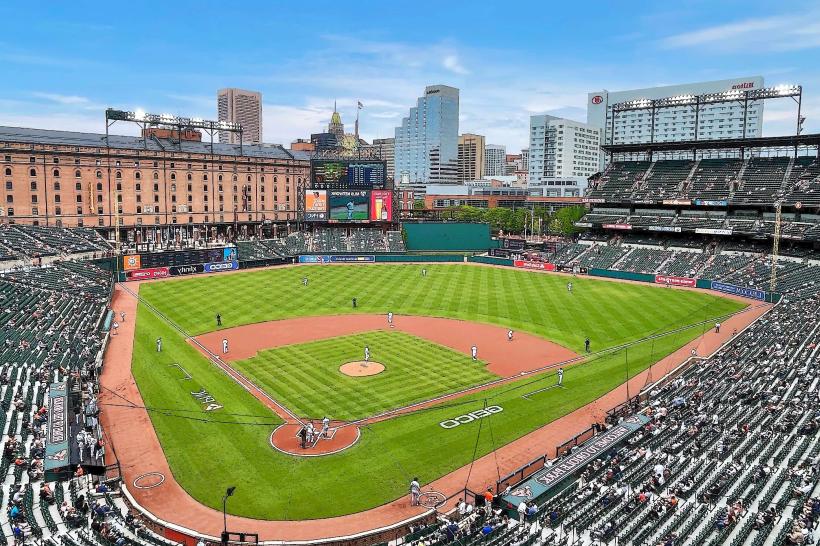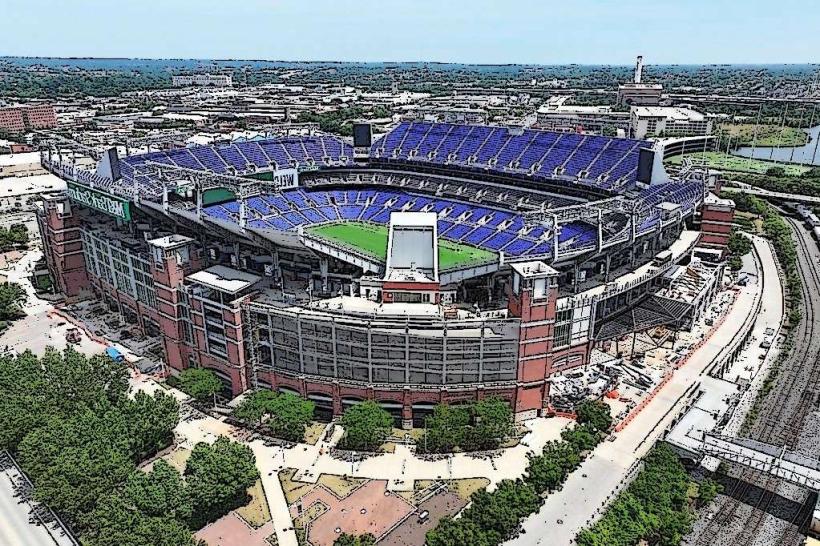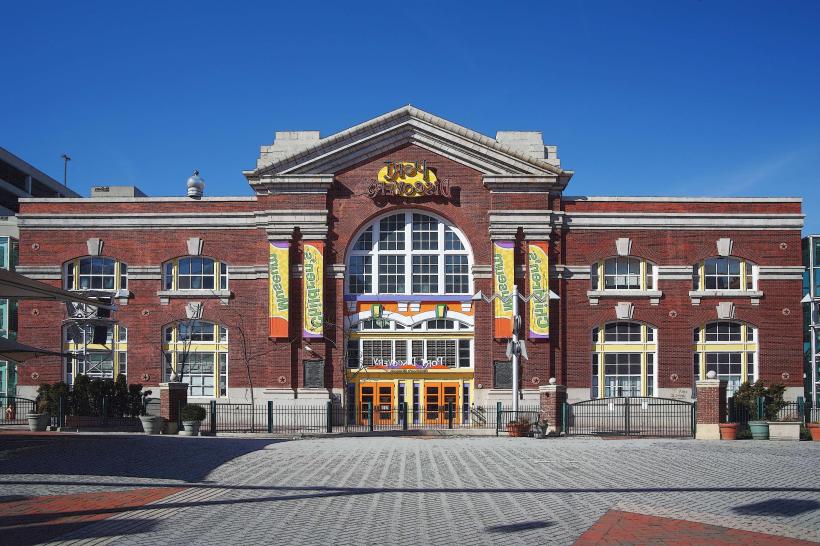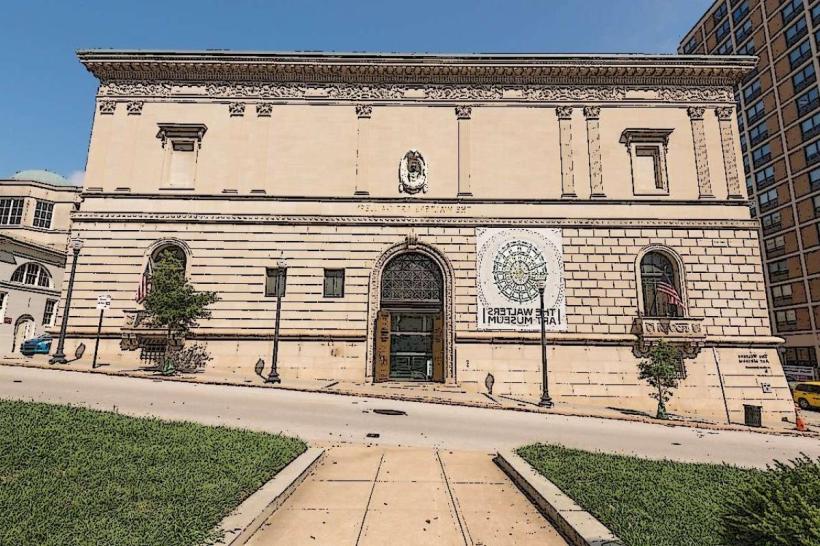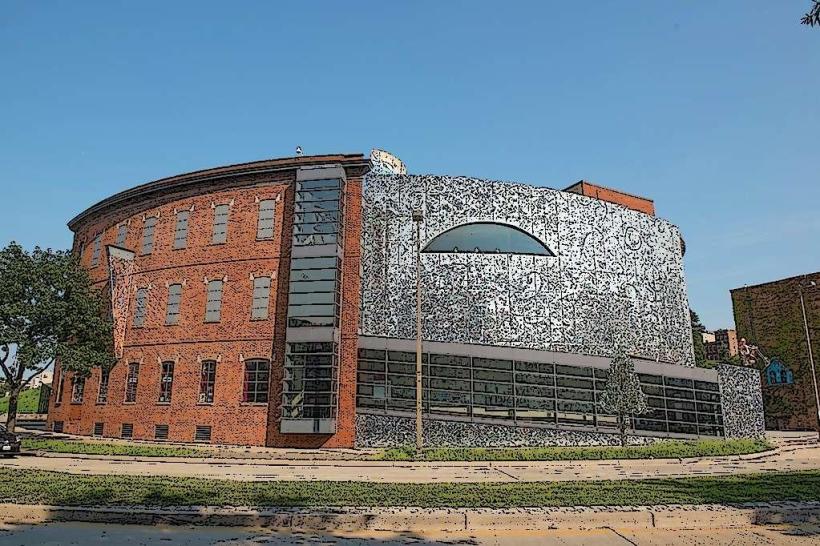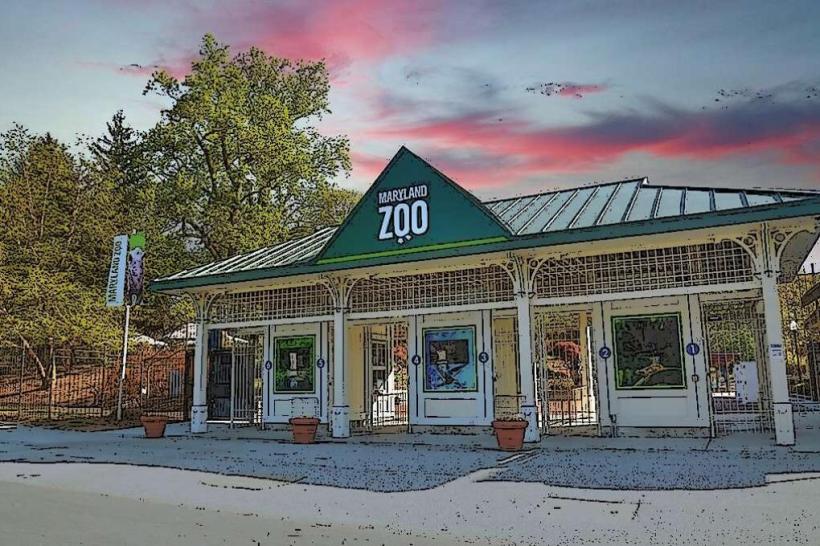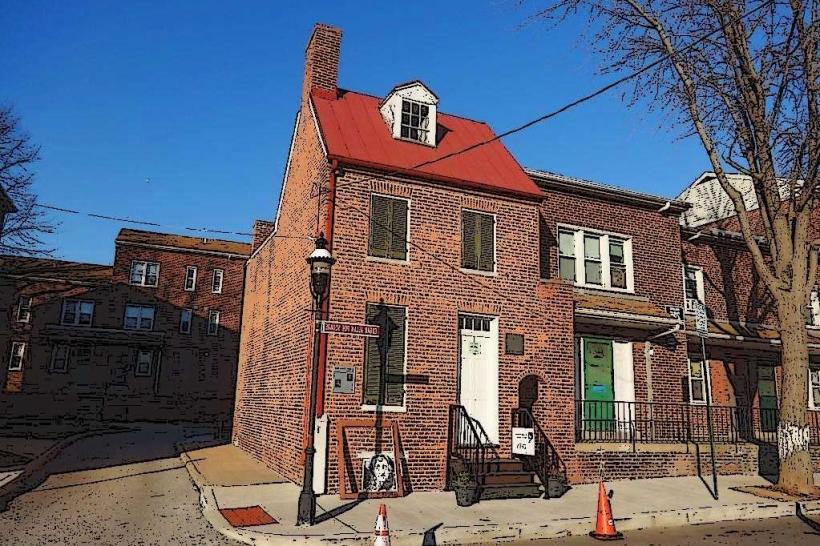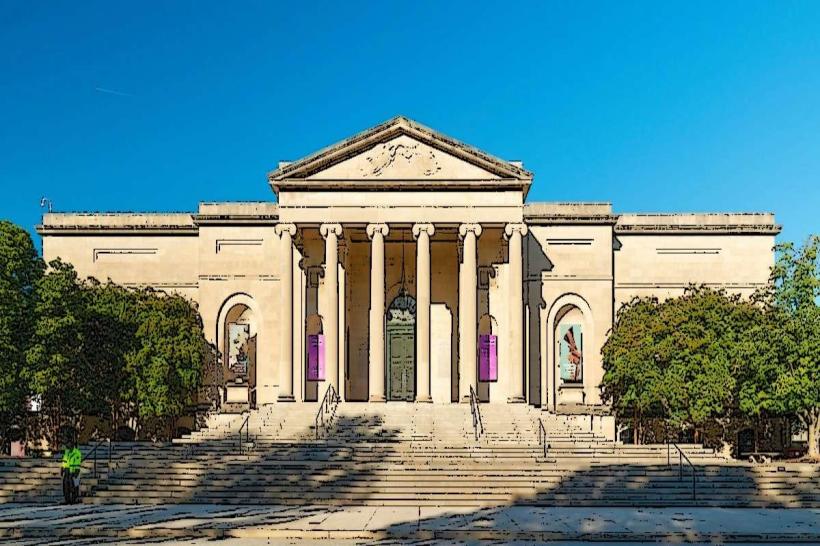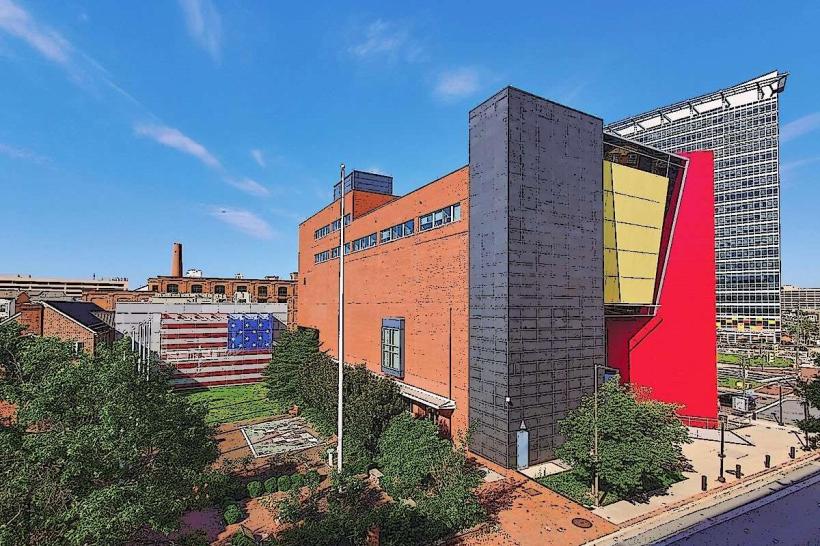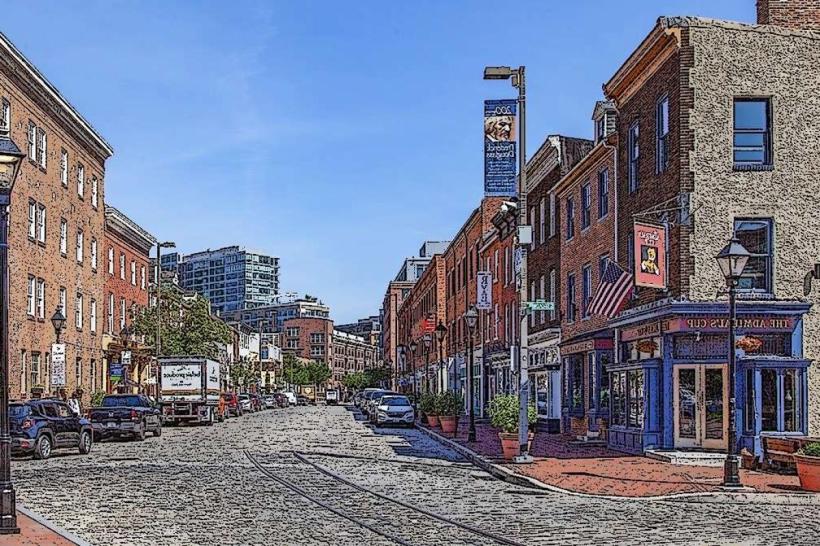Information
Landmark: Maryland Historical Society (Maryland Center for History and Culture)City: Baltimore
Country: USA Maryland
Continent: North America
Maryland Historical Society (Maryland Center for History and Culture), Baltimore, USA Maryland, North America
The Maryland Center for History and Culture-formerly known as the Maryland Historical Society-is the state’s oldest cultural institution, founded in 1844 and located at 610 Park Avenue in Baltimore’s Mount Vernon neighborhood. It serves as a comprehensive repository of Maryland’s past, with an impressive combination of a museum, research library, and community outreach programs. Its mission is to preserve, interpret, and share Maryland’s rich history and culture with a diverse audience.
Architectural and Institutional Overview
The center occupies a historic complex that includes the Enoch Pratt House (a grand 19th-century mansion built in 1847), as well as several purpose-built additions that collectively offer over 23,000 square feet of exhibition space. The museum grounds feature a mix of Victorian and modern design, with fireproof library stacks and a striking interior courtyard used for events and exhibits.
Museum Collections and Permanent Exhibits
The museum holds more than 350,000 objects, making it one of the most significant collections related to Maryland's material culture. The exhibits focus on diverse topics, covering everything from colonial Maryland, African American history, Native American heritage, to contemporary urban life in Baltimore.
Key Artifacts and Exhibits:
Francis Scott Key’s Original Star-Spangled Banner Manuscript: This rare national treasure is the centerpiece of the museum’s collection, written in 1814 and periodically displayed for preservation purposes.
"Divided Voices: Maryland in the Civil War": This powerful exhibit presents Maryland’s role as a border state with divided loyalties, using letters, diaries, uniforms, weapons, and family heirlooms to illustrate how the conflict tore communities apart.
"Voices of Social Justice": Highlights Baltimore’s place in the Civil Rights Movement from the 1940s through the 1970s, featuring audio recordings, protest materials, and photographs documenting desegregation, grassroots organizing, and legal milestones.
"Spectrum of Fashion": A rotating exhibit that explores the fashion history of Marylanders over centuries, showcasing garments, accessories, and textiles from the museum’s vast collection.
"Lady Baltimore" Statue: A marble allegorical sculpture that once stood atop the Battle Monument downtown; now preserved indoors, she symbolizes the city’s identity.
Baltimore Album Quilts: Highly detailed 19th-century quilts unique to the region, representing familial ties, regional aesthetics, and social symbolism.
Fine Arts Collection: Includes works by Charles Willson Peale, Joshua Johnson (one of the first professional African American portraitists), and other artists who captured Maryland’s people and places.
Decorative Arts and Silver: Maryland-made painted furniture, period silver by Samuel Kirk, and ceramics that reflect life across centuries.
The H. Furlong Baldwin Library
This research library is one of the most important historical archives in the Mid-Atlantic region, with over 7 million manuscripts, rare books, photographs, and genealogical records. Scholars, authors, and family historians can access:
Original land deeds, marriage records, and maps from colonial to modern eras.
Family Bible collections, church registries, and plantation records.
Extensive Civil War letters, military rosters, and slave narratives.
A catalog of rare books on architecture, transportation, and Maritime Maryland.
The reading room, housed in part of the Pratt House, offers a quiet and scholarly setting with beautiful woodwork, high ceilings, and historic furnishings.
Educational Outreach and Programs
The Center is deeply involved in community education and historical interpretation. Programs are tailored for:
School Groups: With workshops, field trips, and hands-on artifact sessions tied to Maryland curriculum.
Families and Children: “History Alive” programs with costumed interpreters and weekend storytelling events.
Researchers and Students: Access to digital archives, lectures, seminars, and grants.
General Public: Historical walking tours, speaker series, and interactive exhibits.
Their mobile "traveling trunks" deliver curated mini-exhibits to schools and libraries across the state.
Publications and Media
Since 1906, the Center has published the Maryland Historical Magazine, a respected academic journal featuring articles on state and regional history. It also collaborates with Johns Hopkins University Press to publish scholarly books, exhibition catalogs, and genealogy guides.
Visiting Information
Open Days: Wednesday to Saturday (10 AM–3 PM), and Sunday (Noon–5 PM)
Admission: Modest fees apply-discounts for seniors, youth, students, and free for members and small children.
Location Access:
Near public transit: Light Rail (Centre Street station), several bus lines, and the Charm City Circulator.
Onsite parking: Free for visitors.
Fully wheelchair accessible.
Atmosphere and Experience
The center presents a quiet yet immersive environment. Galleries are well-lit and labeled with thoughtful interpretation. The blend of static displays and multimedia experiences offers emotional resonance-especially in exhibits dealing with war, civil rights, and family life. Staff and docents are welcoming and well-informed, adding personal depth to the exhibits.
Summary
The Maryland Center for History and Culture is more than a museum-it is a living chronicle of the state’s diverse and complex past. From colonial settlements to modern civil rights movements, from fashion and decorative arts to political revolutions, it captures the breadth of Maryland's identity. Through its massive collections, expertly curated exhibitions, and expansive archives, it serves as both a guardian of the past and a bridge to the future, offering a vital cultural and educational resource for all.

